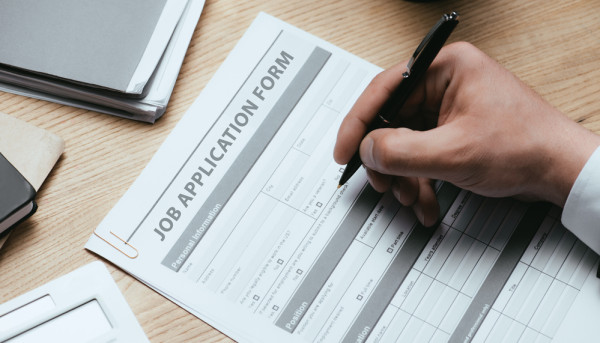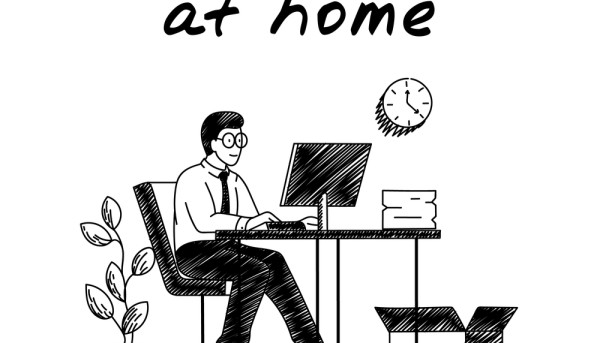Buying a Home - What Are Real Estate Disclosures?

Buying a home is a huge step in your life. You'll have to deal with a lot of things, but one of the things that you should make sure to pay attention to is real estate disclosures.
Buying a home
Buying a home can be a risky venture. You want to make sure you're making an informed decision and that the house you're buying is worth the investment. There are several factors to consider, and one of them is the disclosures you'll receive from the seller.
The disclosures you receive from the seller will tell you if the house has any defects. These defects include safety issues, structural problems, and neighborhood "eyesores." It's important to know if there are any potential hazards. These may include hazardous materials in the construction or a flood zone. You'll also want to know about homeowners' association fees and rules. You may also want to investigate any litigation involving the association.
You'll want to review all of the disclosures before making an offer. A good real estate attorney will be able to advise you on all of the disclosures and answer any questions you have. The best way to avoid problems later is to prepare for them ahead of time.
There are many forms available online. You should also check with your real estate agent to see if they have their own. Many states provide standard real estate disclosure forms for free.
When completing the disclosure form, make sure you include any facts that are relevant to the purchase of the home. For example, if the home has a structural issue, you should include a description of the issue. The problem may be due to foundation issues or a poor roof.
You should also ask your agent to have the disclosure form ready for you to review during any showings of the property. This way, you can get a better idea of the cost of repairs.
You may want to consider hiring a licensed inspector to find any hidden issues. These can include a major roof replacement. This is actionable, but you could also be liable for a lien on the home. If the house has a lien, you could lose your home to the lienholder.
The disclosures you receive from the seller may not be all that exciting, but you should still take them into consideration. This will help you make the best decision possible and avoid any complications later on.
Putting a home on the market
Putting a home on the market can be a stressful and emotionally taxing experience. However, there are steps you can take to make the process go as smoothly as possible.
First, you will want to price your home appropriately. This can be tricky, but a seasoned real estate agent will be able to give you expert guidance. The conventional wisdom states that you should start your list price at five percent below your home's market value.
You should also be sure to take good listing pictures. A good realtor will be able to help you find a professional photographer to take these pictures. A well-staged home will stand out in a sea of listings.
The home-selling market is a competitive one. You may have to wait awhile for a buyer to find your property. If you can get your listing in front of the right buyers, you may get a solid offer.
The best time to list your home is in the early spring. In most major cities, homes listed during this time sell for a higher price. However, cold weather may be less appealing to buyers, making it a good time to hold off making an offer.
The best way to sell your home is to price it right. If you price it too high, you may not get as much money as you expect. However, if you price it too low, your home may sit on the market for a long time.
The most important step in putting a home on the market is to find the right real estate agent. A good buyer's agent will be able to help you find a buyer, alert you to new listings, and make your offer stand out. You should also research your local real estate market before making an offer. The longer your home sits on the market, the harder it is to sell.
Taking the time to prepare your home before putting it on the market can make all the difference. From staging your home to de-cluttering it, you can increase the chances of getting a solid offer.
Getting a home inspection
Getting a home inspection when buying a home is a good idea for a variety of reasons. It can give you a better idea of what you're getting into and help you negotiate better terms. It can also help you avoid unpleasant surprises later.
During a home inspection, the inspector will look at the exterior and interior of the house. They will check for structural defects and major mechanical issues. They will also check for safety issues. They will look at the foundation, roof, plumbing, electrical system, and floor surfaces.
They will also check the house for pest infestations. Some sellers don't want to tell buyers about problems. They may not want to pay for repairs. If the home inspector notices a problem, the buyer may be able to negotiate a discount or repair the problem.
Some sellers will pay for a pre-listing home inspection. This can give you a heads-up about problems before you sign the sales contract. Depending on the area, sellers may have to provide disclosures about the condition of the home.
Buying a home without a home inspection can lead to serious problems later on. The inspector will notice signs of water damage, missing roof shingles, and other problems. They can also identify signs of worn out appliances and need for repair.
When a home inspection is done, the inspector will give you a report. It isn't a pass/fail test. The report is meant to give you more information about the home. This report can help you negotiate a better deal. It may not reveal cosmetic repairs, but it can help you convince the seller to fix the problems.
When a home inspection shows major problems, some buyers are scared away. However, this doesn't mean that the home is in bad shape. It's important to negotiate a price for the home, as long as the seller can afford to make the repairs. If the problems are a safety concern, the seller may be obligated to make them.
If you have a first-time buyer, you may be able to negotiate a discount on the price. You can also get the seller to pay for repairs, which will allow you to walk away without penalty.
Avoid unpleasant surprises
Buying a home can come with unpleasant surprises. These surprises may involve the mortgage, ownership issues, or property issues. These surprises can be costly and time-consuming. To avoid such surprises, it is important to be prepared before buying a home. Here are some tips to help you prepare for the closing costs.
Before purchasing a home, prepare a budget for the closing costs. This budget will help you prepare for the costs and keep track of how much you have left to spend. You will need to include things like the home inspection, legal fees, moving costs, and utility hookups. You will also want to create a spreadsheet that lists all the charges. When you get ready to close on your home, make sure that you have all the necessary documents on hand. Also, make sure that you have a good understanding of the homeowner's association policies and local amenities.











